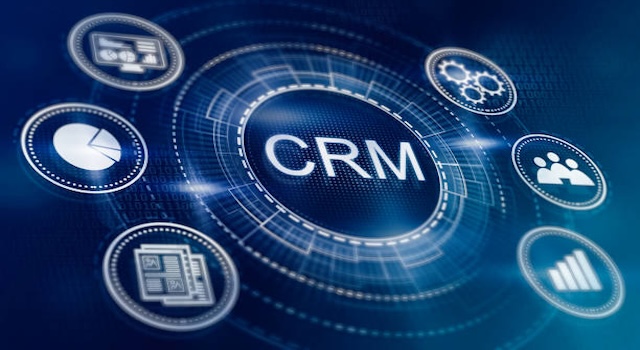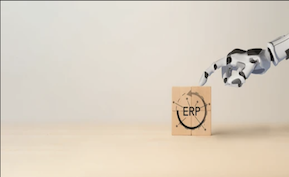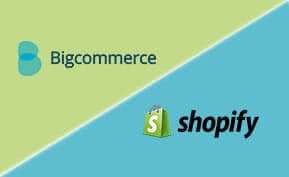CRM
CRM Data Privacy & Compliance: Navigating GDPR, CCPA, and Global Regulations

CRM data privacy and compliance have become critical priorities as global data protection laws evolve. With frameworks like GDPR in Europe, CCPA in California, and new regional standards emerging worldwide, companies must ensure that their CRM systems collect, process, and store customer data responsibly — or risk hefty fines and reputational damage.
Why CRM data privacy matters
Modern CRMs are central to business operations, housing vast amounts of personally identifiable information (PII). From emails and purchase histories to support tickets and behavioral data, a CRM can be a treasure trove for cybercriminals — and a compliance risk for businesses that don’t enforce strict controls.
Key data privacy regulations affecting CRM
- GDPR (General Data Protection Regulation): Requires explicit consent, right to access, and right to erasure for all EU citizens’ data.
- CCPA (California Consumer Privacy Act): Grants California residents the right to know, delete, and opt-out of personal data sales.
- LGPD (Brazil), PDPA (Singapore), and POPIA (South Africa): Similar frameworks emphasizing consent, purpose limitation, and data transparency.
- Emerging U.S. state laws: States like Colorado and Virginia have introduced their own privacy acts modeled after GDPR and CCPA.
How CRM systems ensure compliance
- Consent management: Track, store, and timestamp user consent for data collection and communication preferences.
- Data minimization: Collect only what’s necessary and purge old or unused records automatically.
- Access control: Restrict CRM data visibility based on roles and responsibilities.
- Audit logs: Maintain transparent logs of data access and updates to support compliance audits.
- Encryption: Apply encryption in transit (SSL/TLS) and at rest to secure stored customer data.
Best practices for CRM data privacy
- Review your data flows: Map where customer data originates, how it’s processed, and who can access it.
- Use double opt-in mechanisms: Ensure explicit, verifiable consent before adding users to marketing campaigns.
- Regularly purge inactive data: Automate deletion of outdated leads and expired records to minimize exposure.
- Implement access segmentation: Enforce the principle of least privilege for CRM users.
- Conduct quarterly audits: Use audit trails to verify compliance with regional privacy standards.
Technology enablers for CRM compliance
- Data masking tools: Hide sensitive fields during testing or demo environments.
- Consent automation plugins: Tools like OneTrust, TrustArc, or Cookiebot integrate directly with major CRMs.
- Customer self-service portals: Allow users to view, correct, or delete their stored data directly.
- Data residency controls: Some CRMs let you choose the geographic location of data storage for compliance purposes.
Top CRM platforms for privacy and compliance
- Salesforce Shield: Advanced encryption, audit trails, and event monitoring for compliance-ready data security.
- HubSpot GDPR Tools: Consent tracking, cookie banners, and contact deletion workflows.
- Zoho CRM Compliance Suite: Built-in data retention, encryption, and consent logging features.
- Microsoft Dynamics 365 Compliance Manager: Tracks data protection compliance across multiple regulations.
Emerging trends: AI, privacy, and ethics
As CRMs integrate AI for predictive analytics and personalization, data ethics are becoming as important as data compliance. Businesses must ensure their algorithms are transparent, unbiased, and respectful of user consent boundaries — especially when using AI to profile or segment customers.
Measuring CRM privacy success
- Data access latency: Time taken to respond to a user’s data request or deletion request.
- Incident rate: Frequency of unauthorized access or data exposure events.
- Compliance audit readiness: Ability to produce consent and access logs instantly.
- User trust metrics: Track opt-in rates and churn following privacy updates.
SEO-friendly FAQs
What is CRM data privacy? It’s the practice of managing customer data within CRM systems in compliance with global data protection laws like GDPR and CCPA.
How can CRMs help with GDPR compliance? They offer consent tracking, right-to-be-forgotten workflows, and audit trails for transparency.
Which CRM is most compliant with CCPA and GDPR? Salesforce, HubSpot, and Zoho CRM offer robust data protection and privacy tools.
What’s the penalty for non-compliance? GDPR fines can reach up to 4% of global annual turnover or €20 million, whichever is higher.
Bottom line
In the era of data-driven business, trust is the ultimate currency. A compliant CRM system not only avoids fines but strengthens customer confidence — transforming privacy from a regulatory burden into a competitive advantage.
Continue reading: Micro CRM for Small Businesses: Affordable Solutions for Solopreneurs.






